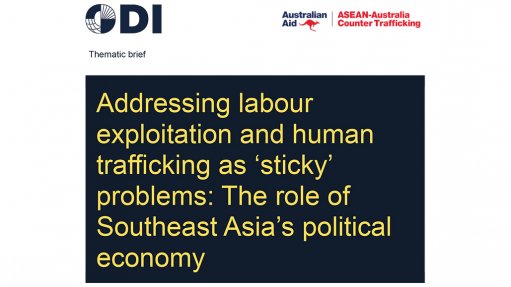
Persistent exploitation and trafficking of labour migrants are due not only (or even primarily) to a lack of knowledge, skills or capacity on the part of criminal justice and related rights protection agencies.
Rather, these problems are also intrinsically related to the political economy features of Southeast Asia ─ all countries of origin, transit and destination.
These political economy features interact in ways that sustain a lack of political prioritisation of the rights and agency of labour migrants and constrain concerted attempts to address exploitation and trafficking.
This brief reflects on key features of the political economy of four Southeast Asian countries (Cambodia, Lao PDR (hereafter Laos), Thailand and Vietnam) and how these shape the experience of labour migrants and trafficking in the region.
In particular, national development trajectories, the political systems of these countries, the nature of state–society relations and associated conceptions of citizenship, rights and justice are particularly pertinent.
These features interact in ways that make the problems of vulnerability to exploitation and trafficking of labour migrants ‘sticky’ and persistent.
In addition, these political economy dynamics shape both constraints and opportunities for agency on the part of labour migrants.
This has implications for the politics of response measures to address the vulnerabilities of labour migrants to trafficking, labour exploitation and other harms at different stages of their journey, especially from the perspective of protection and prevention.
Report by ODI